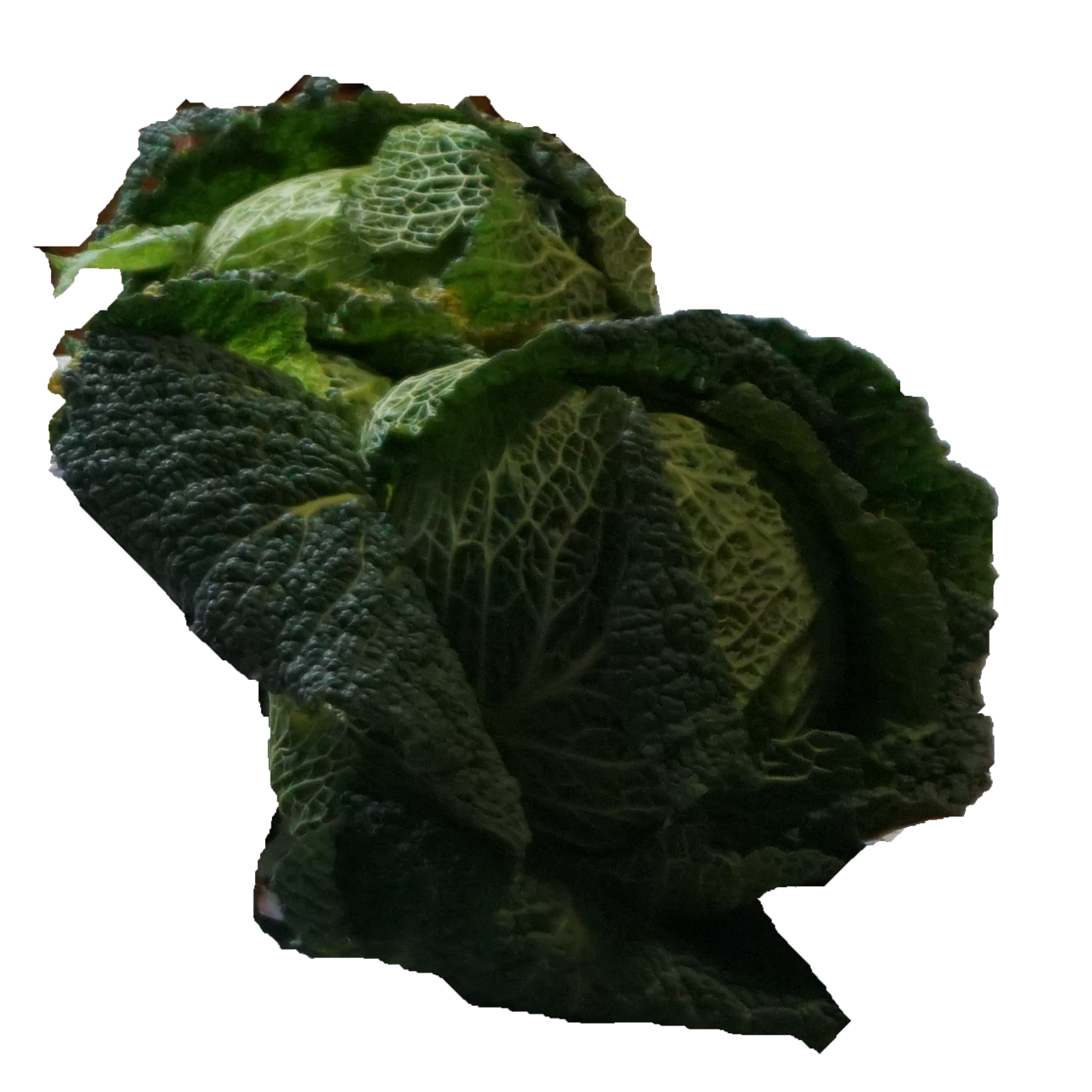colectivo DU-DA
C.C. Can Felipa, 2020, Barcelona

Se encuentran prácticas ancestrales de fermentación alimentaria en todas las culturas de la historia de la humanidad, sabores y texturas repitiéndose en el tiempo. En contraposición a los paisajes sintéticos, estandarizados y homogeneizados de la industria alimentaria actual, es muy probable que históricamente muchos de los alimentos fermentados se hayan elaborado colectivamente en las épocas de cosecha, contribuyendo a la festividad ritual, nutrición y cohesión social de esas comunidades. Darnos el tiempo de reducir la velocidad y prestar atención a los microorganismos puede dar espacio a explorar el significado de los cuidados en un planeta mucho más que humano y a nuevas perspectivas para re-imaginar cómo nos relacionamos con lo macro, de lo colectivo a lo personal, de lo celular a lo social. Así, recuperar y compartir sabores y saberes tanto en la cocina como la fermentación nos ayuda a analizar las formas concretas y abstractas en que nos relacionamos con todo lo demás, ya que nos conecta con nuestro entorno y los seres alrededor, la naturaleza y las fuerzas invisibles.
En los talleres nos involucraremos colectivamente en procesos vivos y aprenderemos sobre comer pensando en nuestros microbios y los beneficios de los alimentos fermentados. Fermentaremos paso a paso chucrut, salmueras, kombucha, kefir y bebidas probióticas, cereales y alternativas vegetales a los fermentos lácteos, y pensaremos cómo introducirlas en recetas, amplificando el sabor y la textura de los platos.
Si te gustaría participar en los talleres de fermentación vegetal y culturas vivas o que organicemos uno juntes, dime cosas.
/////////////////////////////////////////////////////////////////////////////////////////////////////////////////////////
Ancestral practices of food fermentation are found in all cultures throughout human history, flavours and textures repeating over time. In contrast to the synthetic, standardised and homogenised landscapes of today’s food industry, it is very likely that historically many fermented foods were made collectively at harvest times, contributing to the ritual festivity, nutrition and social cohesion of those communities.Taking the time to slow down and pay attention to micro-organisms can give space to explore the meaning of care on a much more than human planet and new perspectives to re-imagine how we relate to the macro, from the collective to the personal, from the cellular to the social. Thus, recalling and sharing flavours and knowledge in both cooking and fermentation helps us to analyse the concrete and abstract ways in which we relate to everything else, as it connects us to our environment and the beings around us, to nature and to invisible forces.
In the workshops we will collectively engage in living processes and learn about eating with our microbes in mind and the benefits of fermented foods. We will ferment step by step sauerkraut, brines, kombucha, kefir and probiotic drinks, cereals and plant-based alternatives to dairy ferments, and think about how to introduce them into recipes, amplifying the taste and texture of dishes.
If you would like to participate in the plant fermentation and living cultures workshops or if you would like us to organise one together, let me know.
